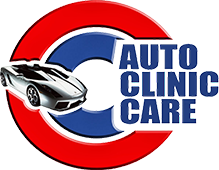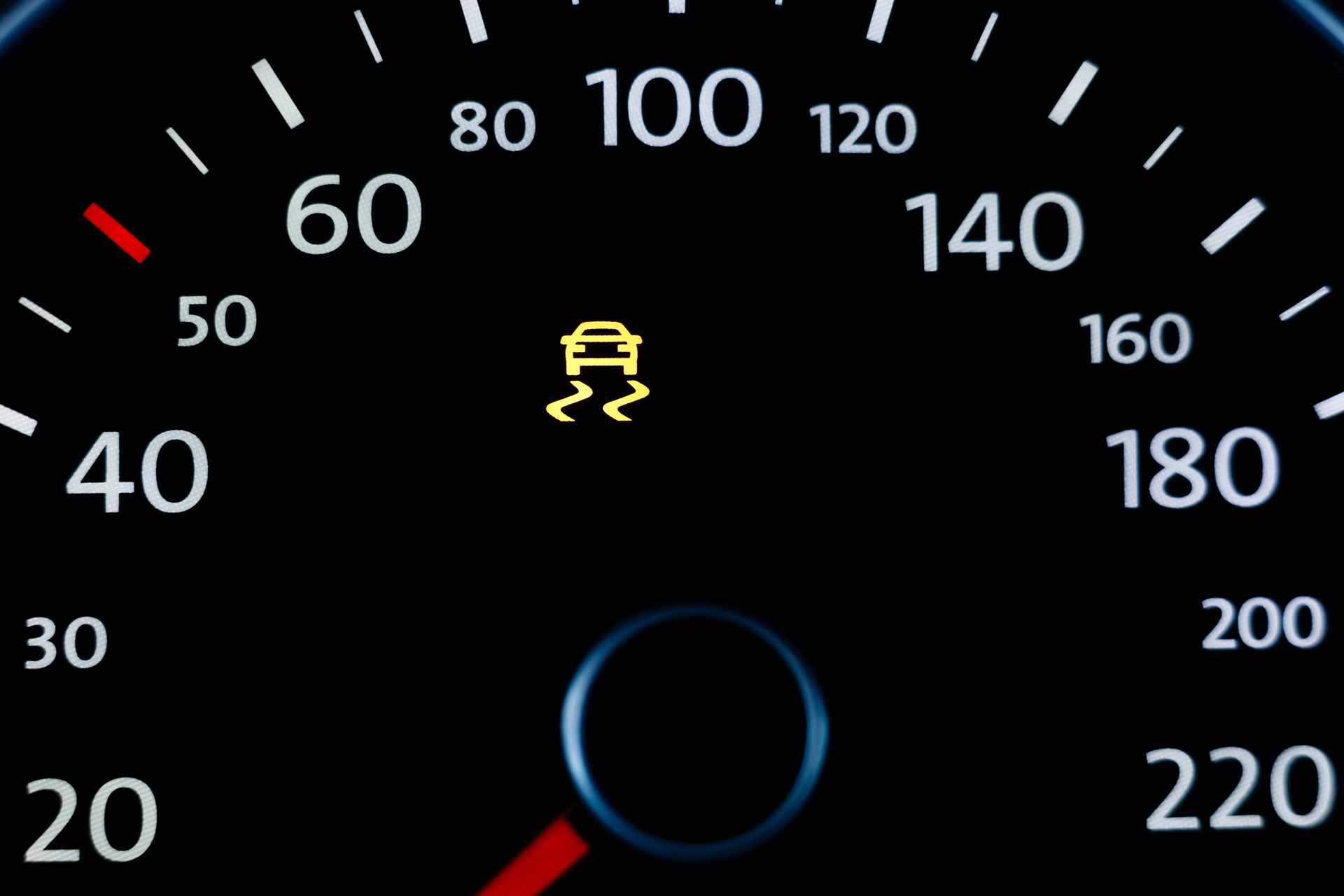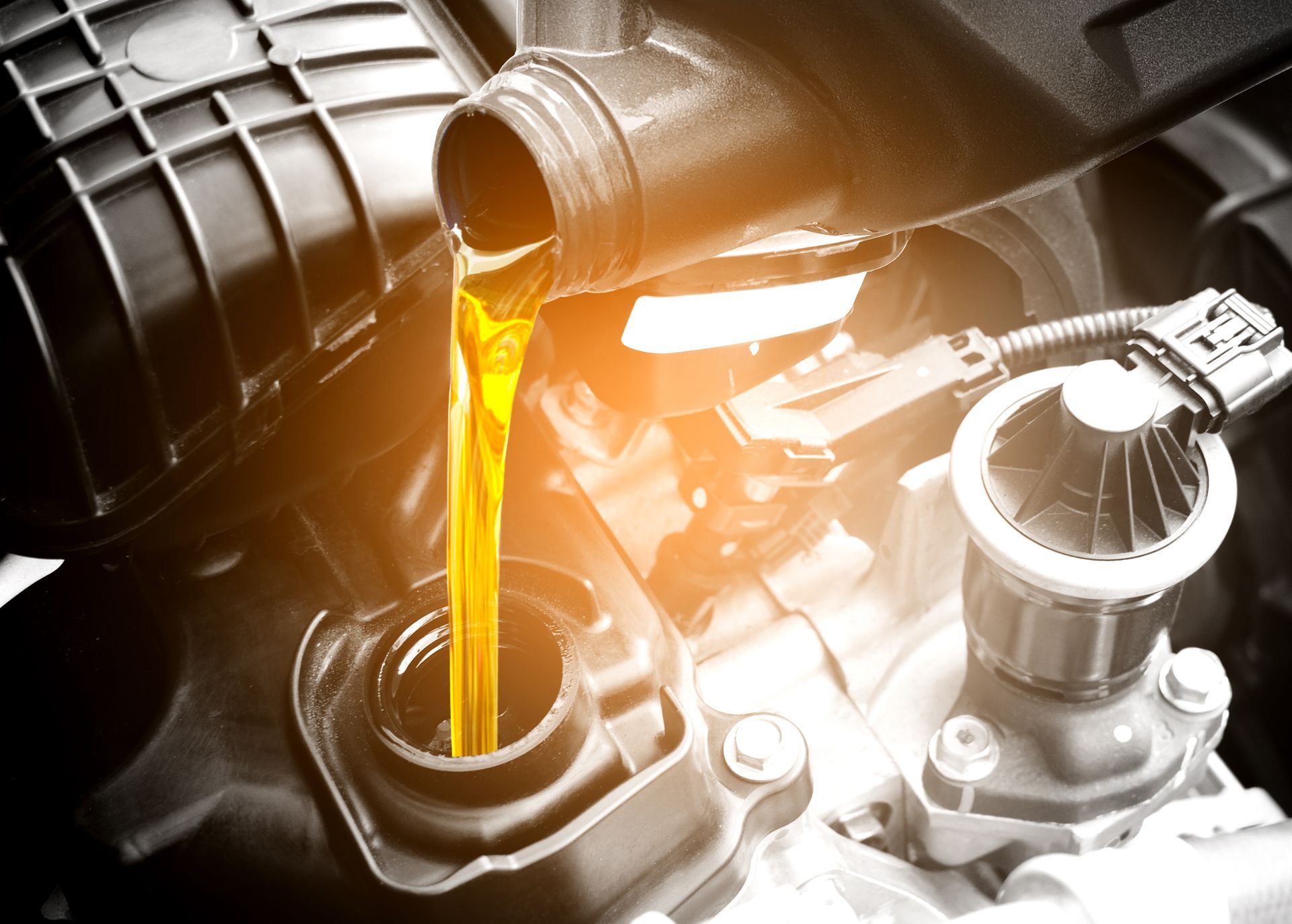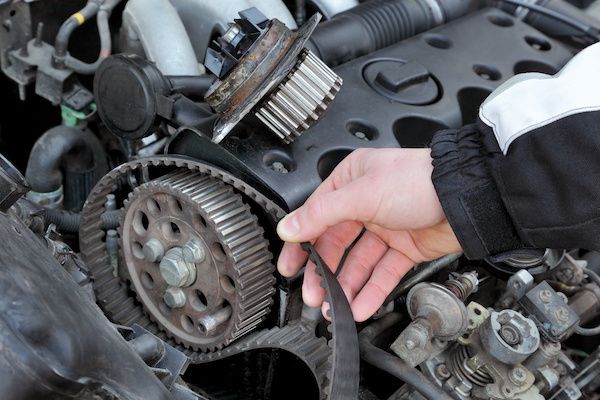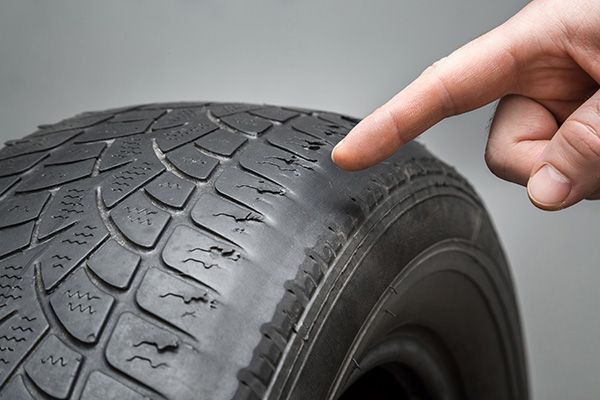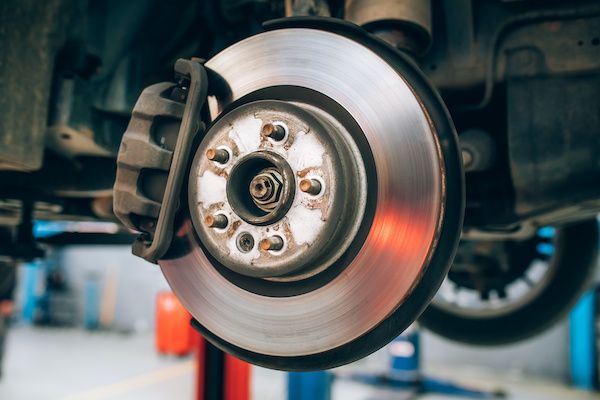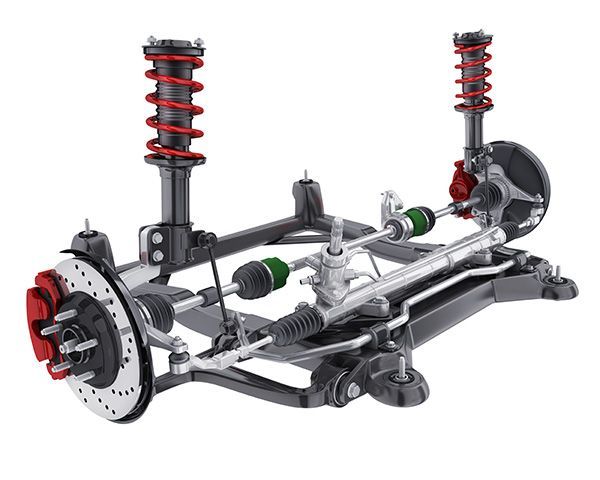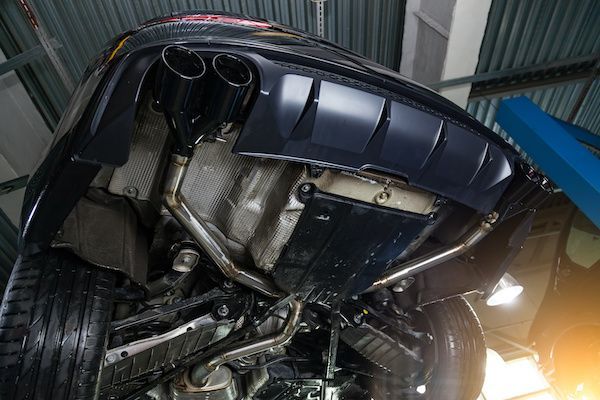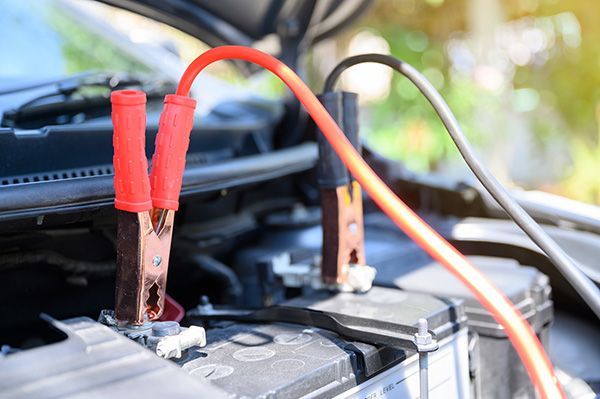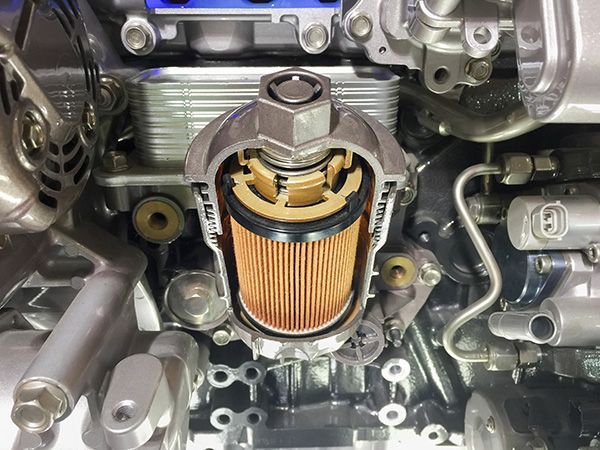
Your vehicle's fuel filter plays a crucial role in keeping your engine running smoothly by filtering out dirt, rust, and other contaminants from the fuel before it reaches the engine. But what happens when this vital component becomes clogged? Recognizing the symptoms of a clogged fuel filter can save you from costly repairs and ensure your car remains reliable on the road. These are the signs that your fuel filter might be clogged and what you should do about it.
The Importance of a Fuel Filter
The fuel filter is essentially the gatekeeper of your vehicle's fuel system. Its primary function is to trap any impurities present in the fuel, preventing them from entering the engine. Over time, the filter can become saturated with debris, reducing fuel flow and affecting engine performance. Regular maintenance and awareness of symptoms are essential to keeping your vehicle in top shape.
Common Symptoms of a Clogged Fuel Filter
Engine Misfires or Hesitation
One of the most common symptoms of a clogged fuel filter is engine misfire or hesitation. When the fuel filter is clogged, it restricts the amount of fuel that reaches the engine. This insufficient fuel supply can cause the engine to misfire, particularly under heavy acceleration or load. You might notice your vehicle jerking or stuttering as you press the accelerator, which indicates that the engine isn't receiving the steady stream of fuel it needs.
Difficulty Starting the Vehicle
If you're having trouble starting your car, a clogged fuel filter could be the culprit. When the filter is blocked, it can prevent the necessary amount of fuel from reaching the engine, making it hard to start. This problem is often more noticeable when the engine is cold. If your car cranks but doesn't start, or if it takes multiple attempts to get it running, checking the fuel filter should be one of your first steps.
Poor Acceleration
A clogged fuel filter can severely impact your vehicle's acceleration. If you notice that your car is sluggish when you try to accelerate, it could be because the engine isn't getting enough fuel. This lack of power is especially noticeable when you need a quick burst of speed, such as merging onto a highway or overtaking another vehicle. The engine's performance is directly linked to the fuel supply, and a clogged filter disrupts this crucial flow.
Frequent Stalling
Frequent stalling is another red flag indicating a clogged fuel filter. If your car stalls often, especially when idling or driving at low speeds, the fuel filter might be restricting fuel flow to the engine. Stalling can be dangerous, particularly in traffic, and it's a clear sign that your vehicle needs immediate attention. If stalling becomes a recurring issue, have your fuel filter inspected and replaced if necessary.
Unusual Engine Noises
Sometimes, a clogged fuel filter can cause unusual noises from the engine. You might hear a sputtering or whining sound, especially at high speeds or when the engine is under stress. These noises occur because the engine is struggling to receive adequate fuel, and it's working harder than usual. If you notice any strange sounds, it's worth having your fuel system checked, including the fuel filter.
What to Do if You Suspect a Clogged Fuel Filter
If you recognize any of these symptoms, it's crucial to address the issue promptly. Ignoring a clogged fuel filter can lead to more serious engine problems and costly repairs down the line. Here are the steps you should take:
Perform a Fuel System Check
Start by inspecting the fuel system. If you're comfortable with car maintenance, you can check the fuel filter yourself. However, if you're unsure or inexperienced, it's best to take your vehicle to a professional mechanic. They can perform a thorough inspection and determine if the fuel filter is the source of the problem.
Replace the Fuel Filter
If the fuel filter is clogged, it needs to be replaced. Most fuel filters are relatively inexpensive and easy to replace, either by yourself or by a mechanic. Replacing the fuel filter at regular intervals, as recommended by your vehicle's manufacturer, can prevent clogging and ensure your engine runs smoothly.
Regular Maintenance
Preventive maintenance is key to avoiding fuel filter clogs. Make sure to follow your vehicle's maintenance schedule, which typically includes regular fuel filter replacements. Keeping up with routine maintenance not only helps prevent clogs but also extends the overall lifespan of your vehicle.
Need a reliable fix for your vehicle? Trust Auto Clinic Care for expert maintenance, repairs, fuel filter replacement, and top-notch service.
